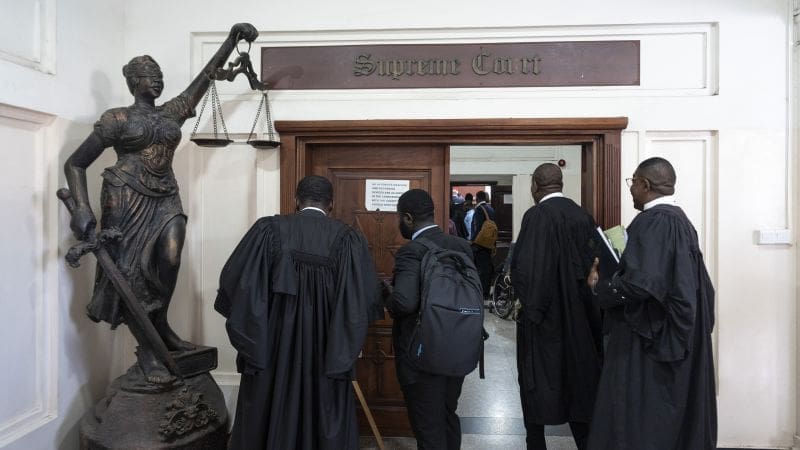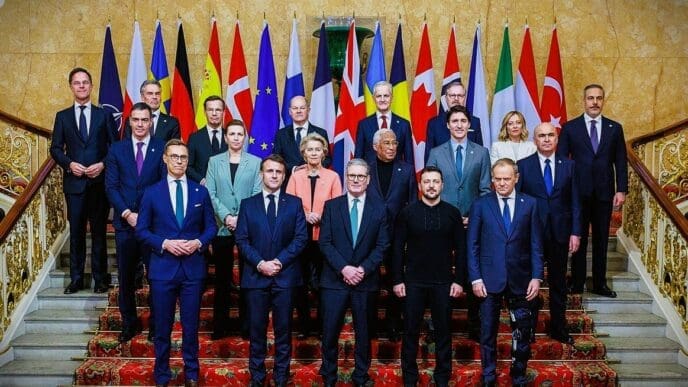In a decisive ruling, Ghana’s Supreme Court dismissed legal challenges to a controversial anti-LGBT bill, setting the stage for presidential approval.
The Supreme Court of Ghana has dismissed two legal cases aimed at challenging the anti-LGBT legislation, a bill regarded as one of the most restrictive in Africa. This dismissal clears the way for President Nana Akufo-Addo to potentially sign it into law. Despite the unanimous passage of the bill by Ghana’s parliament in February, President Akufo-Addo held off on signing it, pending judicial review.
The bill aims to intensify restrictions on LGBT rights and the advocacy or support of non-heteronormative identities. Prior to this bill, same-sex relations could lead to imprisonment of up to three years. The current legislation proposes extending this to five years for those who ‘promote or support LGBTQ+ activities.’
Amanda Odoi and Richard Sky, both legal professionals, were behind the legal challenges, seeking to declare the bill unconstitutional and prevent its enactment. However, Justice Avril Lovelace-Johnson, delivering the court’s opinion, stated that these challenges were premature since the bill had yet to receive presidential assent, thus ruling both cases unanimously dismissed.
The legislation is strongly backed by various religious and traditional entities in Ghana, including Christian, Muslim, and local cultural leaders. This support comes despite international concerns and warnings from Ghana’s finance ministry that the bill could affect significant financial agreements. Specifically, there is apprehension about the potential loss of $3.8 billion in World Bank funding and jeopardizing a $3-billion International Monetary Fund loan crucial to addressing Ghana’s economic difficulties.
Human rights advocates, such as Abena Takyiwaa Manuh from the Centre for Democratic Governance in Accra, have voiced significant concerns about the implications of this ruling. She highlighted that the court’s decision endangers LGBT communities and human rights defenders, noting, ‘They can now do their worst.’
The Supreme Court’s decision is a significant moment for Ghana, potentially impacting both national policy and international relations. As the bill awaits the President’s decision, the ruling has intensified debates around human rights and legal reform in the country.














